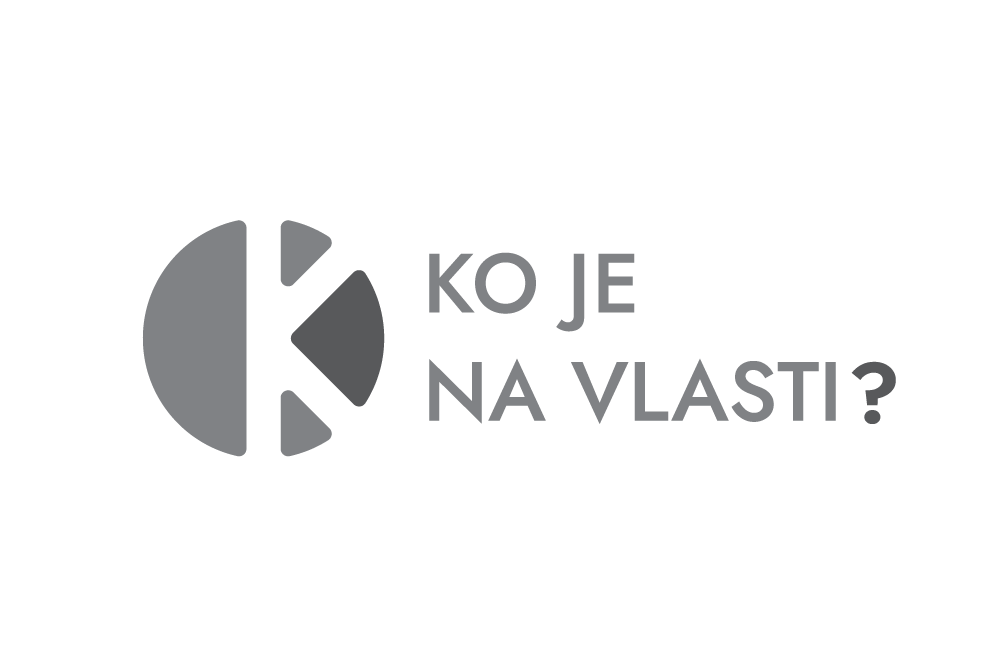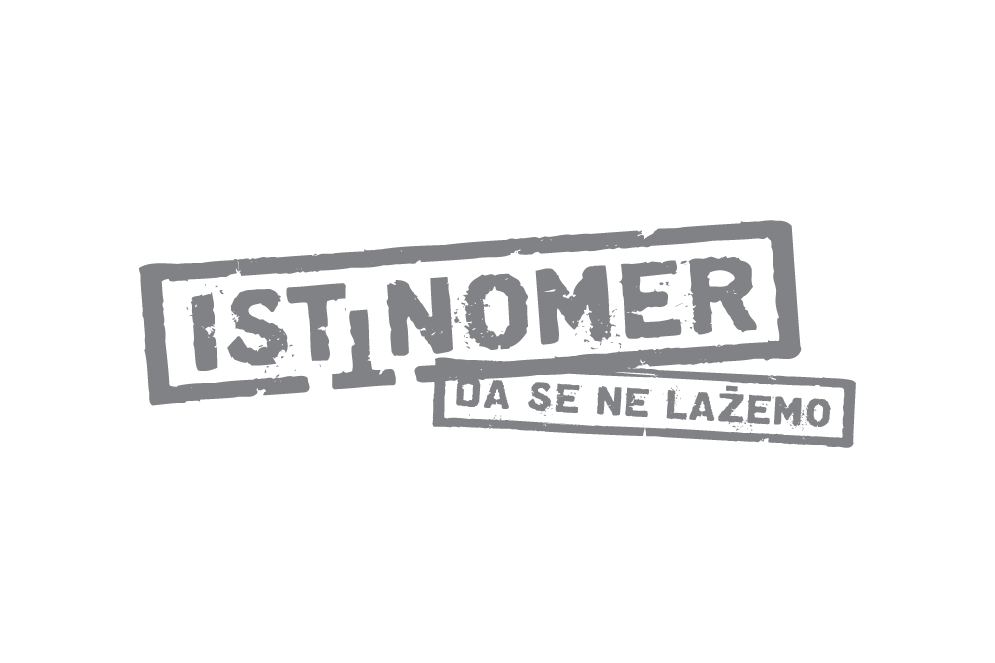About us
We are CRTA - an independent, non-partisan civil society organisation committed to developing democratic culture and civic activism. At the very core of CRTA’s mission and all our efforts lies a tireless fight for advancing democracy in Serbia.
We wanted to take a deeper look at the decade behind us, recognize the crucial moments that shaped, or are to this day shaping the reality we live in, and, as much as possible, offer a roadmap for strengthening democratic institutions and forces in our society. The result is the publication "Undermining Democracy: Institutions and Processes in Serbia 2010-2020".
We believe that it is only through joint efforts that we can change society, no matter how unattainable those changes may seem at times. Because of that, this two-year long research was an opportunity to engage more actively with academic scholars, with whom we share our dedication to facts, collecting and verifying relevant data, critical thinking about our surroundings, and interpreting events that direct socio-political developments.

Dušan Spasojević is an associate professor at the Faculty of Political Sciences, University of Belgrade. His research interests include political parties, theories of social cleavages, civil society, populism, and post-communist transition. He is the editor of a regional science journal Political perspectives. Danilo Vuković is an associate professor of Sociology at the Faculty of Law, University of Belgrade. He is the manager of the Center for Socio-legal Research. He has conducted research on government accountability, legal state, legal culture, and other subjects. Vujo Ilić is a political scientist, researcher at the Institute for Philosophy and Social Theory, University of Belgrade, as well as a policy and research advisor at CRTA. He obtained a doctorate in comparative politics at CEU, Budapest. He was a researcher on numerous recent projects dealing with elections and democracy, an analyst in several election observing missions, as well as a part of a campaign team in Belgrade elections. Tara Tepavac is a master political scientist in international politics, currently a Ph.D. law and politics student at the University of Graz, Austria, where she conducts comparative research of parliaments. Her interests include democratization processes, rule of law, functioning of political systems and democratic institutions, with a focus on Southeastern Europe. Marija Babović is a full professor at the Department of Sociology, Faculty of Philosophy, University of Belgrade, and the program director of the NGO “SeConS – group for development initiative”, which specializes in applied research. Her research is focused on a broad spectrum of problems in socio-economic development and gender relations. Jelena Kleut is an associate professor at the Department of Media Studies, Faculty of Philosophy, University of Novi Sad. Her research interests includes journalism, new media, and media audiences. Jelena Lončar is an assistant professor at the University of Belgrade, Faculty of Political Science, where she teaches Political Sociology courses. She holds a PhD in Politics from the University of York, UK. Her research interests include civil society, political representation and ethnic conflicts. Slobodan Cvejić is a full professor at the Department of Sociology, Faculty of Philosophy, University of Belgrade, where he teaches economic sociology, methodology of social research, and statistical methods. He has been conducting empirical research on social stratification and social inequalities for the last 30 years. Tijana Rečević is a Ph.D. candidate and a researcher at the Faculty of Political Sciences, University of Belgrade. Her fields of interest and research so far include international and foreign politics, international security, as well as the problems of post-conflict societies in the Western Balkans and other regions with a history of armed conflict.Authors
Dušan Spasojević
Danilo Vuković
Vujo Ilić
Tara Tepavac
Marija Babović
Jelena Kleut
Jelena Lončar
Slobodan Cvejić
Tijana Rečević


